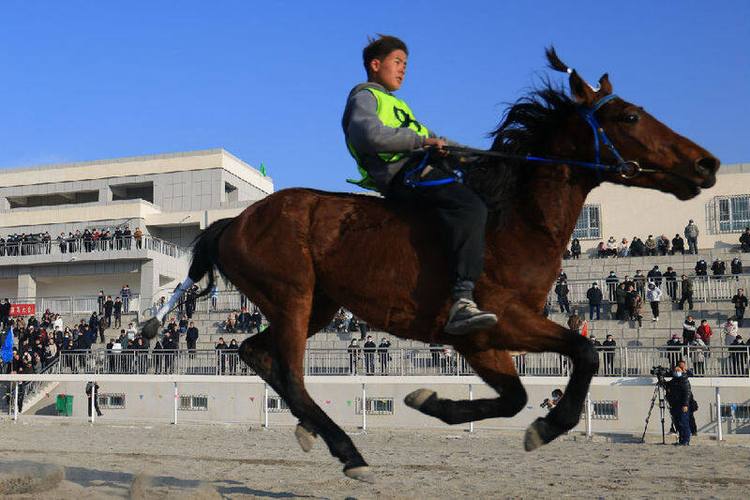Political Factors
1.
Regulation and Legislation:
Government regulations regarding gambling, animal welfare, and betting practices significantly impact the horse racing industry. Changes in laws can affect how races are conducted and how betting is regulated.
2.
Government Support:
Government funding and support for the industry, including subsidies, tax policies, and promotion of racing events, influence the overall health and growth of the sector.

Economic Factors
1.
Revenue Sources:
Economic conditions affect discretionary spending, including expenditures on entertainment such as horse racing. Economic downturns may reduce attendance and betting volumes.
2.
Employment and Income:
The industry provides jobs directly in racing and supporting services. Income levels in society affect participation and attendance at racing events.
Social Factors
1.
Changing Demographics:
Shifts in demographics and preferences among younger generations towards different forms of entertainment impact the traditional appeal of horse racing.
2.
Cultural Attitudes:
Attitudes towards animal rights and welfare can influence public perception and support for horse racing, affecting both attendance and regulatory pressures.
Technological Factors
1.
Advancements in Broadcasting:
Technological improvements in live streaming and digital media impact the accessibility and popularity of horse racing events globally.
2.
Equine Health and Performance:
Technological advancements in veterinary care, training techniques, and track maintenance influence the health and performance of horses, impacting the competitiveness and safety of races.
In conclusion, the horse racing industry faces a dynamic environment shaped by political regulations, economic conditions, societal attitudes, and technological advancements. Understanding these PEST factors is crucial for strategizing and adapting to changes in the market.
